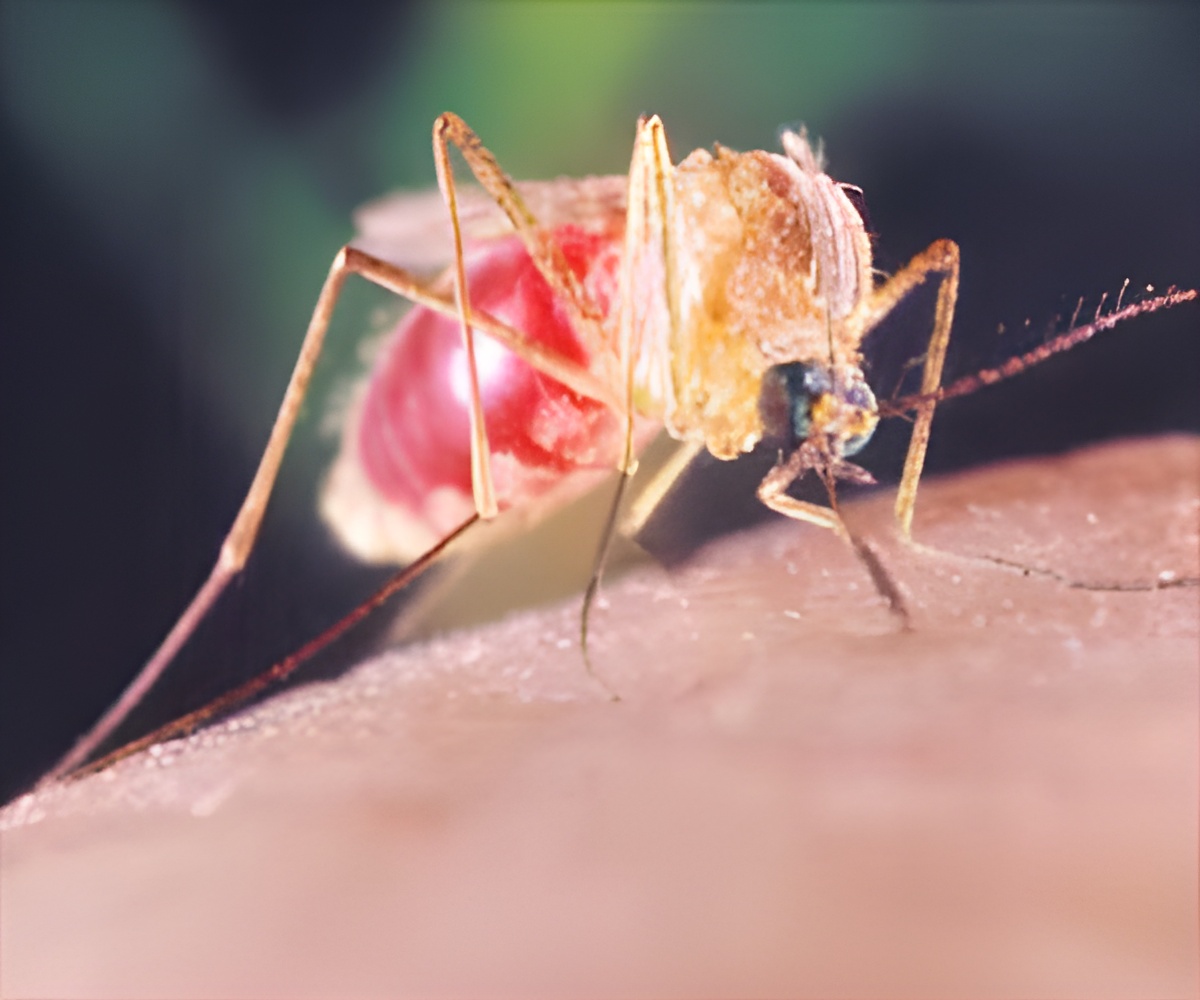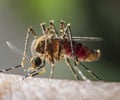With global attention focused on the Aedes aegypti mosquito, researchers in Brazil are pursuing a way to battle the insect with flower power.

‘With global attention focused on the Aedes aegypti mosquito that transmits the Zika virus, researchers in Brazil are pursuing a way to battle the insect with flower power.’





"We hope to find the set of genes that equip these insects to suck human blood and then devise a way to prevent the mosquito from advance in this process of learning," the scientist said. The goal of the first phase of the project, dubbed 'avoiding first bite', is to identify the right combination of bacteria and the plants that provide nourishment for the Aedes aegypti.
The second phase, 'Flower Power', will entail planting the genetically modified vegetation in areas where the proliferation of the mosquito is posing problems.
So far, a research team from the university's Medical Biochemistry Institute has identified 40 types of plant visited by the Aedes aegypti, which also carries the viruses that cause dengue fever and Chikungunya.
Source-IANS












